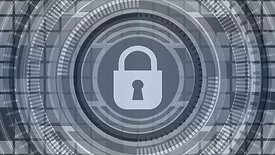Home » Keywords: » facial recognition
Items Tagged with 'facial recognition'
ARTICLES
Integrated Solutions
Leveraging visitor management data for enterprise safety
Security teams can use visitor management data to proactively improve enterprise safety.
June 6, 2023
Sign-up to receive top management & result-driven techniques in the industry.
Join over 20,000+ industry leaders who receive our premium content.
SIGN UP TODAY!Copyright ©2026. All Rights Reserved BNP Media.
Design, CMS, Hosting & Web Development :: ePublishing









